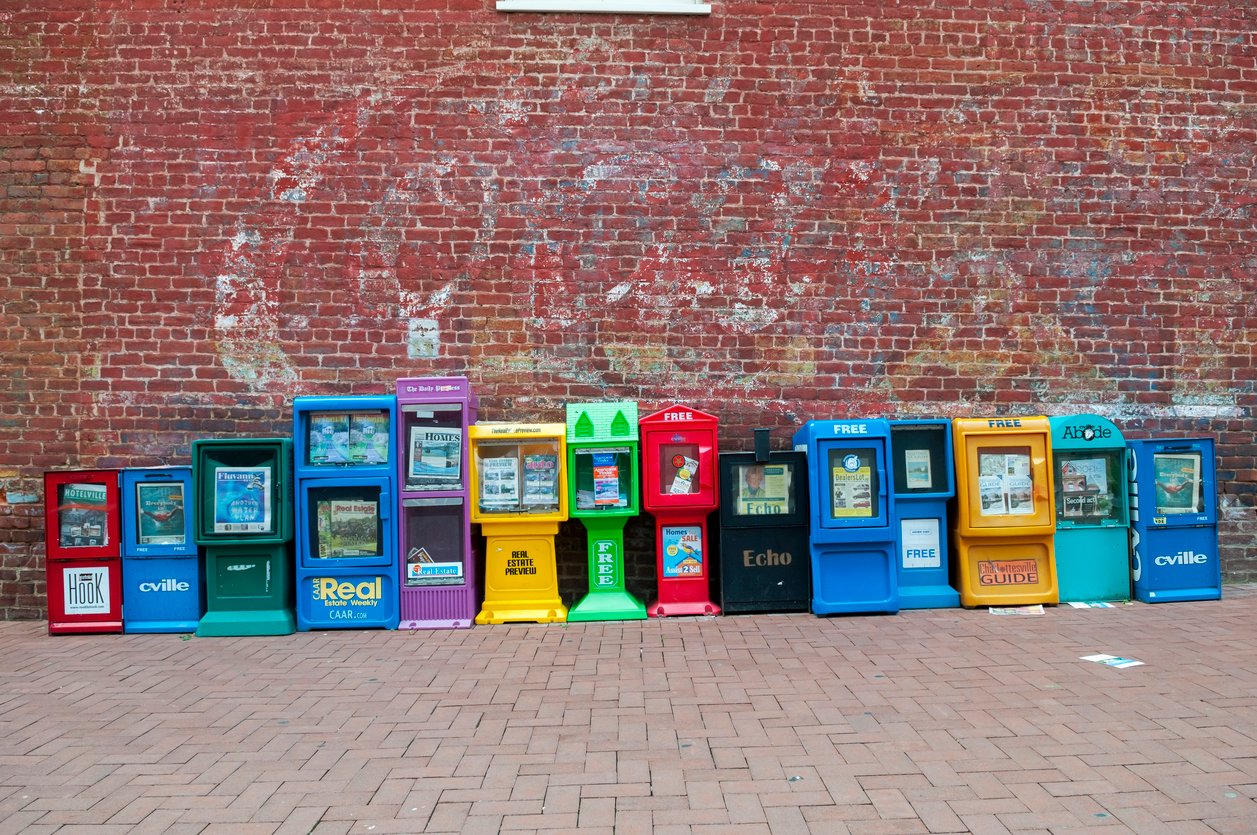“Increasingly, I’m worried that we’re evolving into a nation of journalistic haves and have-nots,” said Penny Abernathy of the Local News Initiative. “That has huge implications for not only our democracy, but for our society.”[9] Journalists serve as checks on power, bringing accountability and transparency by investigating and reporting on government officials, school board members, and business owners. Their stories spur local governments to act on issues that they may not otherwise address. By reporting the facts, whether good or bad, they strengthen their community’s faith in local leaders and institutions. But in the last two decades, two-thirds of local reporters have lost their jobs.[10] This creates a void of in-depth coverage and quality reporting on relevant topics and pressing issues.
These consequences impact our democracy by enabling “more corruption and irresponsible spending” by local governments and “more straight ticket voting, less competitive elections, and lower turnout” by voters.[11] Newspapers keep people informed about the issues their community faces and how their local government functions. They provide updates about upcoming elections, candidates, city ordinances, policing procedures, and educational decisions. When people are aware of what’s going on, they can feel more invested in the success of their community and be more likely to civically engage in it. Conversely, people are less likely to speak out against a policy if they are unaware that it’s being considered by their city council, and they may decide to not vote in a local election if they don’t know about the candidates’ backgrounds or platforms.
The local angle of a story—the voices, opinions, and needs that are important to distinct communities—are lost when news is only available online or through national sources. These types of news can create media echo chambers and increase political partisanship, as they tend to frame stories, for a larger audience, in terms of “this side verses that side.”[12] By highlighting conflict, it becomes difficult to see people, even neighbors, as anything other than the political party they belong to or the candidates they vote for. Online sources are also more susceptible to misinformation and disinformation without the journalistic standards practiced by newspaper journalists, editors, and publishers.
The sense of community that comes from knowing local news—even weekly football scores, marriage announcements, and obituaries—creates a common connection that can’t be easily replicated online or on a national level. “Our paper spoiled us,” said Steve Rader, who lives outside a small, rural community in Texas that lost its newspaper last year. “They did so much work. And it was so colorful and beautiful, and they celebrated our successes and our tough times.”[13] When asked if the loss of the newspaper felt personal, he replied, “Oh, yes, yes. Yes, that paper was a part of our life.”[14]












